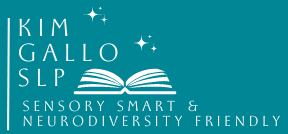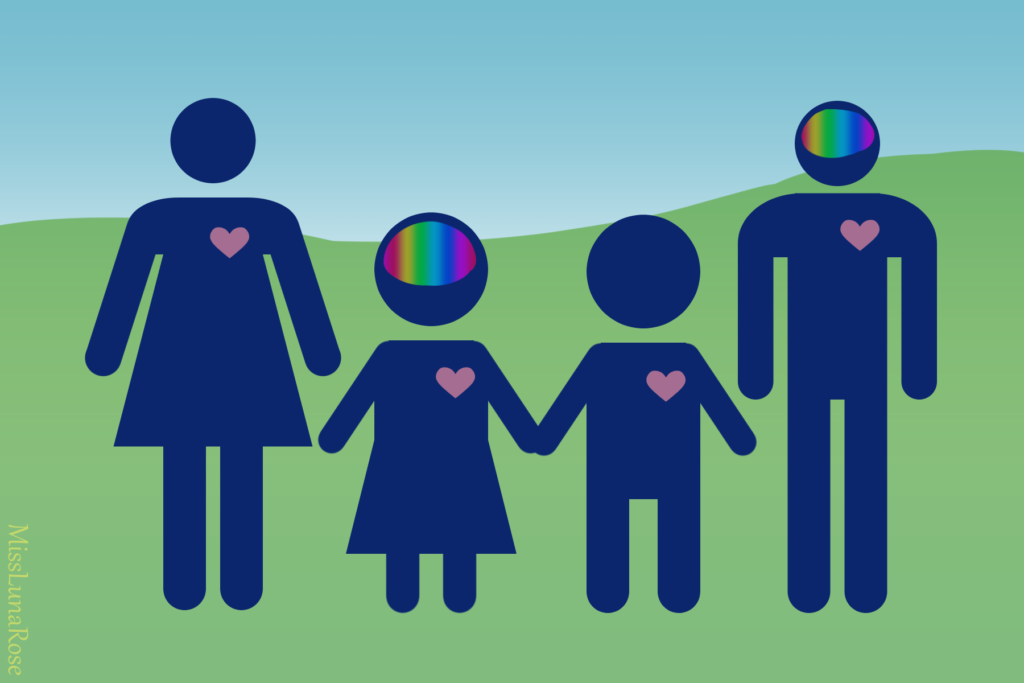As a seasoned speech-language pathologist working with autistic individuals, I have witnessed firsthand the transformative power of embracing neurodiversity. The concept of neurodiversity recognizes that neurological differences, including autism, are a natural and valuable part of the human experience. It’s time for society to shift its perspective and celebrate the unique strengths and perspectives that autistic individuals bring to the table.
Inclusion lies at the heart of neurodiversity. It means creating environments where individuals of all abilities are welcomed and valued. In my practice, I strive to foster inclusion by helping autistic individuals develop their communication skills, build social connections, and gain confidence in expressing themselves authentically.
By embracing neurodiversity, we open doors to opportunities that were previously closed. We unlock the untapped potential of autistic individuals, empowering them to thrive in all aspects of life. It’s not about trying to fit autistic individuals into predetermined molds but creating a world that embraces and accommodates their unique needs.
Neurotypical Children: Embracing Neurodiversity Together
Neurodiversity is not just a concept that applies to individuals on the autism spectrum. This philosophy recognizes and celebrates the natural variation of human brains and minds. As parents and educators, we must extend the principles of embracing neurodiversity to all children, including neurotypical ones.
Neurotypical children, typically developing cognitive, social, and communication skills, play a crucial role in creating an inclusive society. By teaching them about neurodiversity and the importance of embracing differences, we empower them to advocate for inclusivity and acceptance.
One way to achieve this is by incorporating lessons on neurodiversity and acceptance into the curriculum. By including diverse perspectives and experiences in educational materials, we can broaden the understanding of what is considered “normal” or “typical.” This allows children to develop empathy, respect, and appreciation for individuals who think, learn, and communicate differently.
Parents also play a vital role in shaping their neurotypical children’s attitudes toward neurodiversity. Engage in open conversations about differences and similarities, emphasizing that no one way of being is superior or “normal.” Encourage your children to ask questions, explore different perspectives, and challenge stereotypes. By nurturing curiosity and understanding, we can promote a more inclusive society where everyone feels valued and respected.
Creating opportunities for neurotypical children to interact with autistic individuals is another valuable way to promote acceptance. Encourage participation in inclusive extracurricular activities, support groups, or community events that unite children from diverse backgrounds. These experiences allow neurotypical children to develop friendships, gain firsthand exposure to neurodiversity, and recognize the unique strengths and talents of individuals on the autism spectrum.
By requiring all children, including neurotypical children, to learn about embracing and accepting neurodiversity, we can foster a generation that celebrates differences, breaks down barriers, and promotes inclusion. Together, let’s teach our children that one way of being is not normal or better than any other -and that our differences make us beautifully unique.”
Including neurotypical children in the conversation about neurodiversity helps build a more inclusive society where everyone understands and appreciates the value of differences. By nurturing empathy and understanding, we can empower future generations to create a world that embraces and celebrates neurodiversity.
In our journey towards a more inclusive society, let’s celebrate neurodiversity and recognize that our differences strengthen us. Together, we can build a world where everyone has the chance to shine.
Tips for Parents and Educators:
Foster a culture of acceptance:
- Encourage an inclusive environment at home and in the classroom by celebrating and appreciating all individuals’ strengths and perspectives, including those with autism. Teach children to value and respect neurodiversity.
- Educate others: Take the opportunity to educate family members, friends, and other educators about neurodiversity and the importance of inclusion. Raising awareness can help create a supportive network that embraces differences.
- Advocate for inclusive practices: Collaborate with schools and educational institutions to promote inclusive policies, such as providing accommodations, supporting neurodiverse learning styles, and implementing social inclusion programs. Encourage open dialogue and ongoing training for educators to enhance their understanding of neurodiversity.

